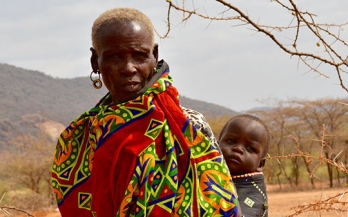


4th African SANKALP meeting
- Nairobi, Kenya
A GAIN-led multi sectoral delegation took part in the 4th SANKALP African Summit in Nairobi, Kenya, in February. The event was attended by more than 900 delegates and over 60 speakers from the areas of investment, innovation and entrepreneurship.
Nutrition Africa Investor Forum (NAIF)
- Nairobi, Kenya
The Nutrition Africa Investor Forum, to be held in Nairobi (Kenya) during World Food Day on the 16-17 October 2018, is a platform for bold, fresh, holistic ideas to develop the food value chain and the role that the private sector can play in enhancing nutrition in Africa.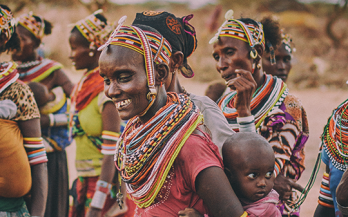
Design and implementation of a health system to improve health and nutrition of pregnant women and newborns in Ethiopia, Kenya, Niger, and Senegal
This paper describes the rationale and methods used in setting up a multi‐country study that aimed at designing the key maternal and neonatal health interventions and identifying indicators related to inputs, outcomes, and impact.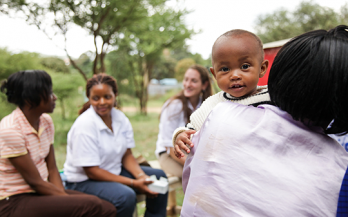
Coverage and consumption of micronutrient powders, fortified staples, and iodized salt among children aged 6 to 23 months in selected neighborhoods Kenya
The purpose of this study aimed to assess existing coverage and utilization of micronutrient powders (MNPs), fortified staples, and iodized salt among children aged 6 to 23 months prior to implementation of an MNP program.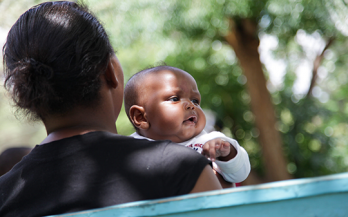
Complementary feeding recommendations could improve the diets of children in Kenya
The objective of this study was to formulate age- and context-specific complementary feeding recommendations (CFR) for infants and young children and to compare the potential of filling population-level nutrient gaps using common sets of CFR across age groups.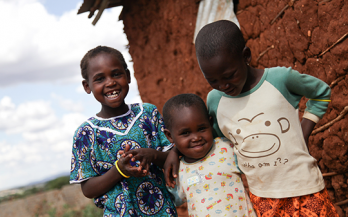
Improving nutrient intake adequacy in Kenya
Several types of interventions can be used to improve nutrient intake adequacy in infant and young child diets, including fortified foods, home fortification, nutrition education and behaviour change communication in addition to agricultural and market‐based strategies. The purpose of this study was to initiate a collaborative project in Kenya to improve the nutritional adequacy of foods consumed by infants and young children.
How important are businesses to addressing malnutrition in the “many Kenyas”?
Kenya was one of the Global Nutrition Report’s (GNR) star performers in 2017 in terms of stunting reduction – with levels nationally of 26%. Yet, the country is in full “double burden” mode with undernutrition and other manifestations of malnutrition such as obesity and diabetes running in parallel, often in the same communities or families.
Spotting zebras from Dar es Salaam to Nairobi: improving nutrition through investing in agri-food SMEs
At GAIN, over the last six months we’ve been building a new Nutritious Foods Financing programme starting in East Africa. The potential of the programme is becoming increasingly exciting as data becomes available showing the scope and viability of SMEs to deliver more nutritious foods, if appropriate private investments are unlocked.